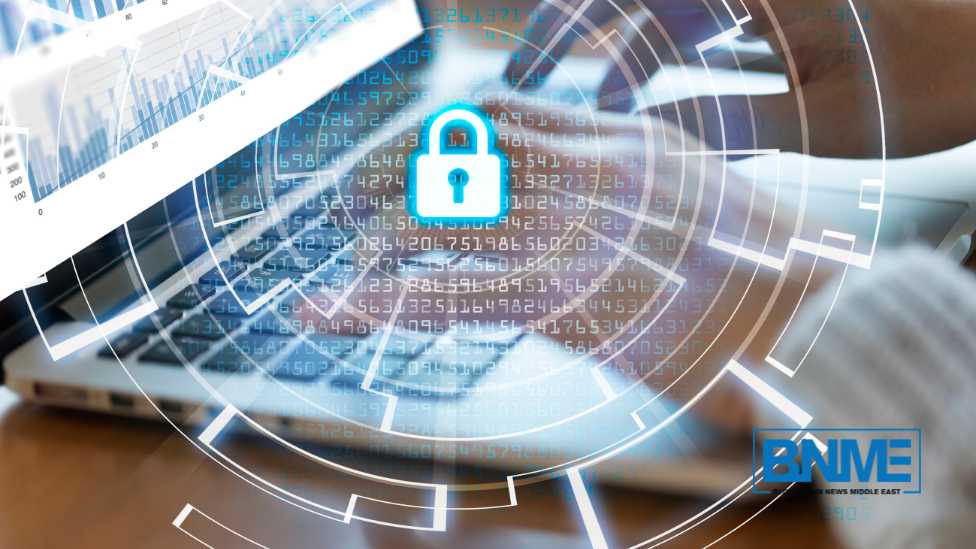The United Arab Emirates (UAE) has continuously created and maintained an environment that makes it a global center for digital transformation in the Middle East. Both the emirates and national levels of Government continue to push for the digitization of processes and services.
Cybersecurity in UAE
With the country’s high rate of digitization, cybersecurity remains an important concern for individuals, businesses, and companies in the UAE. Digitization puts the nation in quite a vulnerable state.
In a recent survey by CPX, an Abu Dhabi-based cybersecurity services firm, over 155,000 vulnerable assets exist within the nation’s Internet sphere. Furthermore, the report revealed that critical vulnerabilities persist unaddressed, with 40% remaining unresolved over the past five years.
Cybersecurity firm Positive Technologies conducted a survey using over 91 million messages across nearly 250 Telegram forums and channels. Cybercriminals are increasingly utilizing AI technologies like large language models (LLMs). Sadly, this means that there might be more sophisticated attacks which cannot be easily detected.
Benefits of Blockchain Technology in UAE’s Cybersecurity
Cyber Threat Intelligence
Blockchain is handy for creating decentralized threat intelligence platforms. With these platforms, security experts can anonymously share information about cyber threats and vulnerabilities. This can help organizations in the UAE stay updated on the latest cybersecurity risks and take proactive measures for their systems and networks protection.
Secure Data Storage
UAE can use blockchain technology for secure data storage and sharing. With blockchain, there will be data integrity and confidentiality as it distributes and encrypts data across a network of nodes.
Smart Contracts
In the UAE, smart contracts can automate and secure various processes, such as legal agreements, procurement, and real estate transactions. This can potentially reduce the risk of fraud.
Identity Management
Blockchain is very useful for identity management systems. It provides a decentralized and immutable ledger for storing identity information. This can help to decrease fraud and identity theft.
Safe and Secured Transactions
Blockchain’s distributed ledger technology can help UAE residents carry out secure transactions with its transparency and immutability features. In the UAE, blockchain-based platforms can be developed to secure financial transactions, contracts, and other sensitive information. In no time, it reduces the risk of cyberattacks and fraud.
Supply Chain Security
Blockchain can improve supply chain security with transparent and traceable transactions. This is particularly relevant in the UAE, given its significant logistics and trading sectors. Also, blockchain-based supply chain platforms can help verify the authenticity of products, track their journey from manufacturer to consumer, and detect any tampering or counterfeit goods.
Immutable Audit Trails
Blockchain’s immutable nature ensures that once data is recorded, it cannot be altered or deleted without consensus from the network participants. This feature can be leveraged to create secure and tamper-proof audit trails for regulatory compliance and forensic investigations in the UAE.
Final Words
UAE’s digital transformation has left the country with no choice but to look into cybersecurity. This stems from how digitization leaves the country vulnerable to cyber attacks. Blockchain technology has a lot to offer UAE’s cybersecurity space.




























